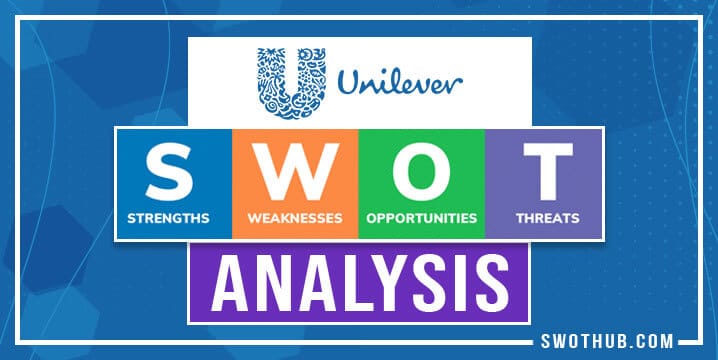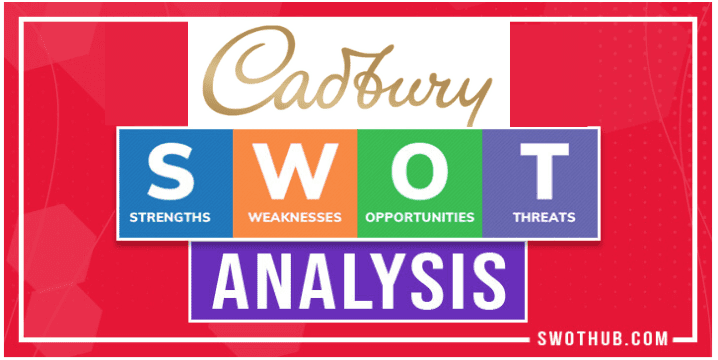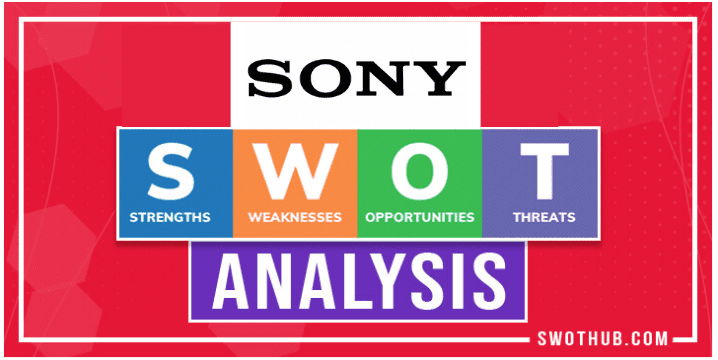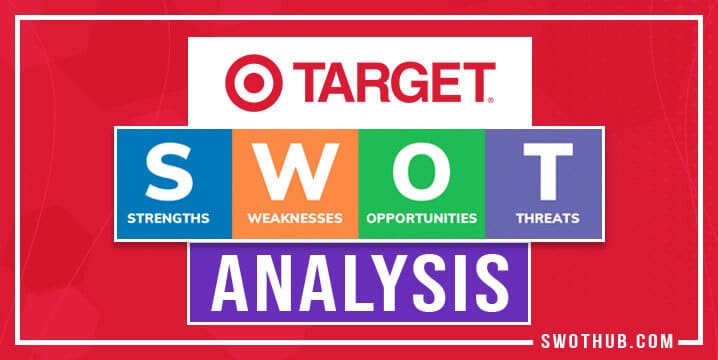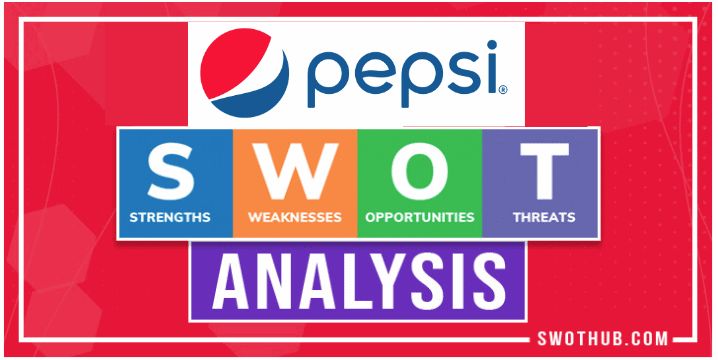Unilever is a British multinational company that mainly focuses on consumer goods. It was founded on September 2, 1921. It sells its products in 190 countries. Its headquarters are in London, England. A Unilever SWOT analysis helps the company executives analyze and assess all the internal and external factors of the community.
A Unilever SWOT Analysis is a proven management framework that enables Unilever to benchmark its business & performance compared to thitsompetitors and industry.
Table of Contents
Unilever SWOT Analysis and their Competitors
In a Unilever SWOT analysis, Procter & Gamble, Nestlé, and Coca-Cola are typically Unilever’s top rivals. These businesses, which are among the biggest in the consumer goods sector, frequently face off against Unilever. In the food and beverage industry, Unilever faces significant competition from Kraft Heinz and PepsiCo.
Unilever – At A Glance
| Company Name | Unilever |
| Industry | Consumer Goods |
| Founded | 2 September 1929 |
| Founders | — |
| CEO | Alan Jope |
| Headquarter | London, England |
| Annual Revenue | €50.724 Billion (FY 2020) |
| Website | www.unilever.com |
Unilever SWOT Analysis
SWOT analysis is a strategic planning frame that can be used by company managers to get a successful situation analysis of the company. The Unilever SWOT analysis framework can assist them to realize their internal strategic factors such as strengths and weaknesses, also their external strategic factors such as opportunities and threats.
Unilever Inc. maintains its intimidating presence in the business sector only by reviewing the SWOT analysis regularly and improving itself. So, a Unilever SWOT analysis will be of great use for this company.
Unilever SWOT Analysis Strengths
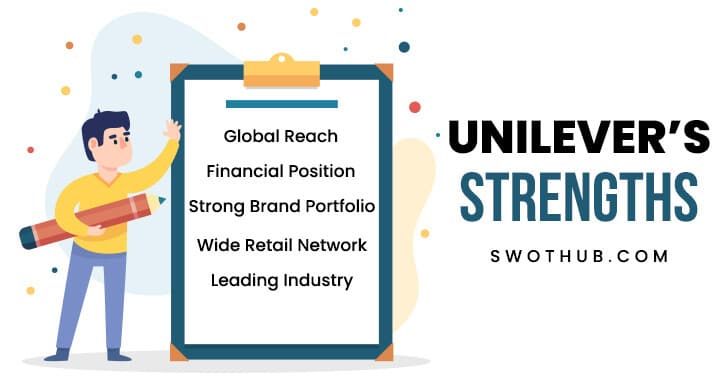
Unilever Inc. has a plethora of strengths that will help it to thrive in the main field. A Unilever SWOT analysis will help to focus on these strengths. Based on Fern Fort University’s studies, some of these strengths are enlisted below:
Global reach: Unilever is a worldwide multinational company. It operates in 190 countries across the globe. So, it has a great deal of a global footprint. This makes it more recognizable to the public and helps with its publicity. So, it can implement its global thinking with local execution. This means that it can pursue its ubiquitous goals and can still win the hearts of its consumers. Every day Unilever products are used by about 2.5 billion people, which is almost one-third of the global population.
Financial position: Unilever has a strong financial base. It has garnered a total of more than 30 million euros. It has been gaining market slowly but surely for about 190 years. It has earned the public trust as a star company. Its financial position has it on a point of pure advantage that increased its market value and brand name by leaps and bounds. So, this financially secure position does good for the company.
Strong brand portfolio: Unilever is currently the owner of more than 400 brands. It garnered a total of 53.7 billion euros in the year of 2017. The most astonishing part is that only 13 of these brands earn more than a billion euros. Some of the well-known brands are Axe / Lynx, Dove, Omo, Heartbrand ice-creams, Hellman’s, Knorr, Lipton, Lux, Magnum, Marmite, Rexona / Degree, Sunsilk, Surf, Glow and Lovely, etc.
Wide Retail Network: Unilever has one of the largest retail networks in this industry. It also has a huge distribution chain that has over 25 million outlets. At the end of 2020, Unilever’s eB2B platforms had a 32.8 percent rise in the number of stores ordering from them.
Leading Industry: Unilever is one of the top 10 companies for consumer goods. Unilever is organized into three main divisions- Food and Refreshments, Home Care, and Beauty and Personal Care products. For the last three years, these sectors have been raising a combined 50 million euros as revenue.
Weaknesses of Unilever in SWOT Analysis
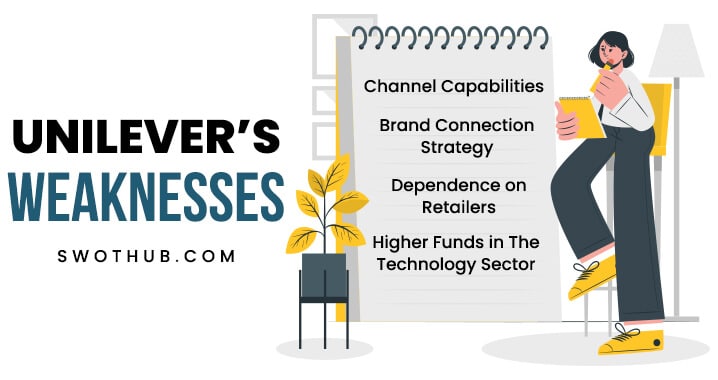
Weaknesses are part of the internal factors of a company. A Unilever SWOT analysis will bring many of these to light.
Higher funds in the technology sector: All though spend enough money to develop its technological sites. It is still quite behind in this matter since many of its competitors are ahead of it in this matter. This puts it quite an inconvenience as they put a damper on the team’s morale.
Channel capabilities: In a normal year, Unilever would be able to reach nearly one in every three people in the world. So, brand value and promotional activities wouldn’t have been a problem. But in these pandemic situations, social distancing and quarantine are the new norms. So, people are shopping mostly online. So, in 2020, online sales have gone up about 61 percent. However, Unilever lacks severely in its online representation. And so, as it is underrepresented, online sales accounted for only 9% of its total revenue comes from online sales. This is a huge drawback.
Brand connection strategy: The world is changing rapidly. So, it is high time, Unilever changed its strategies to cope with it. Its traditional branding and communication methods need a revolution. It needs to change not only the messages but also the media. Social branding plays an important role in this case. If Unilever is adamant about not changing these customs, it will cost them heavily in the future.
Dependence on retailers: Unilever depends heavily on its retailers. It is a choice, of course. Although it adds a significant amount to the company’s revenue,overdependencee is not something to take lightly. So, Unilever should try to create other points of strength that it can depend on.
Unilever SWOT Analysis Opportunities
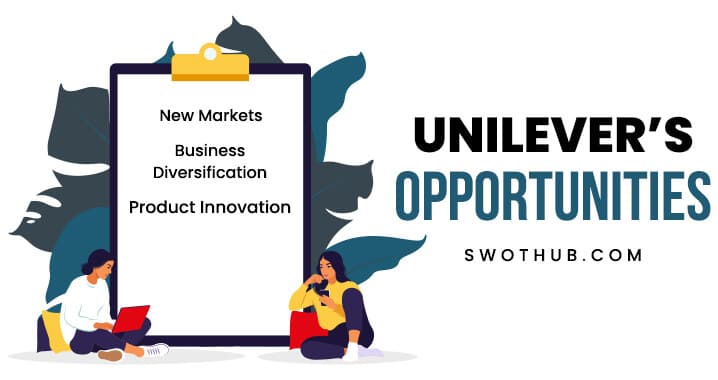
The opportunities are outside factors of a company that they can exploit for profit and benefits for themselves. A Unilever SWOT analysis will help the executives to contemplate them before their next big move.
New markets: As the government has agreed to lend a hand to economic development, there are new markets in the making. This has helped Unilever broaden its already wide horizon of business.
Business Diversification: Even though Unilever has plenty of products to sell, there are many new products that it could launch. People are now aware of its presence. So, this will be advantageous for the company. Business diversification can get people more interested and invested in the company. This will work as publicity and raise the profit.
Product Innovation: Unilever can also innovate its old products. Many of the products have a traditional manufacturing process of making. But innovating them will help to tailor the products suitable for modern people’s needs. This will make the people more interested in the company. The end result will be a higher sales rate if marketed and advertised correctly.
Unilever SWOT Analysis Threats
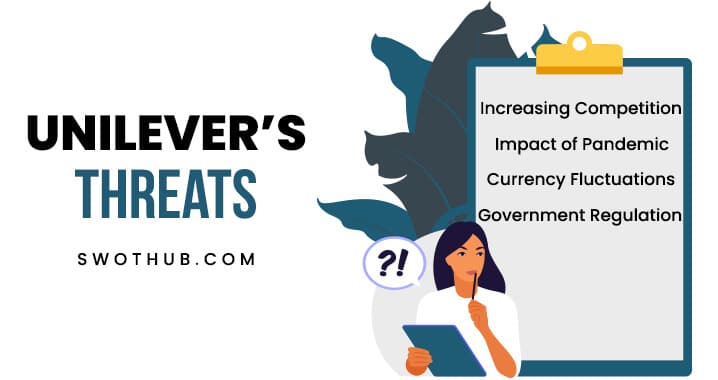
Threats are the most important part of a swot analysis. A Unilever SWOT analysis will point out the threats to this community that has been holding it back.
Increasing competition: In recent times, many new companies are mushrooming in this new market. This increases the competition. In the consumer sector, Unilever’s most deadly rival is Proctor and Gamble. This company outsold Unilever by 10 billion dollars in 2020. Despite the whole pandemic situation, this company had a 4.8 percent raise in its revenue. On the other hand, Unilever saw a decline of 2.4 percent in its own revenue.
Impact of the pandemic: This is the time of a pandemic. Unilever is one of the leading companies in the consumer goods department. Even though this pandemic has failed to make any big impact on the sales figure, that does not mean that the magnitude of the situation is any less. This pandemic has affected the manufacturing, distribution, and purchasing of Unilever products. This has fueled major changes in Unilever’s business strategies.
Currency Fluctuations: In this major league health crisis the world is facing, people are confined to their houses and the world has come to a standstill. This is the cause of these currency fluctuations. Currency fluctuation usually means that the currency of one nation has lost its previous value and now costs less in a foreign currency. As this pandemic has forced currency fluctuations in China, Argentina, Brazil, India, and many other countries. This has resulted in a 2.4% decrease in turnovers in 2020.
Government Regulation: The rules and regulations that the government imposes may be a major threat to Unilever, especially if it does not abide by its profit-based agenda. As many of Unilever’s products use plastic packaging the threat of it is all too real. The government can easily sue the company if it were to implement its “zero tolerance against plastic” ideal. Not to mention, the government has been concerned over the low rates of afforestation and high rates of deforestation. As Unilever is responsible for a large number of these trees being cut down, one can easily see where the threat lies.
Unilever SWOT Analysis Overview Template
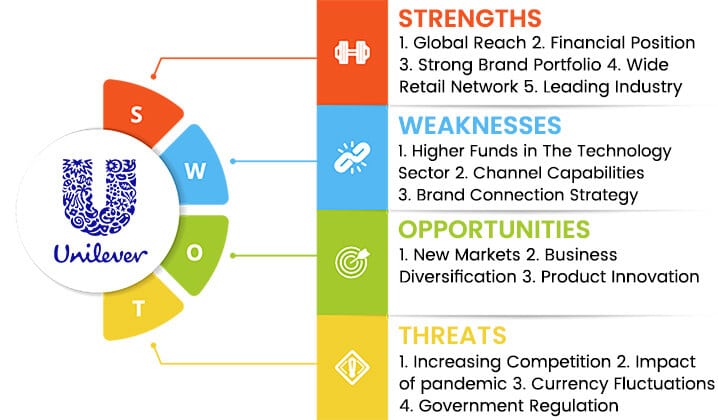
Conclusion and Recommendations for Unilever
Here are some recommendations for Unilever to improve their market game from the experts:
- Improving the health and safety of the company’s employees.
- Reducing the impact on the environment by the year 2030.
- Enhancement of the people by a long shot.
- Encourage the workers to be creative
- Lifting the team morale by achieving the team goals.
In conclusion, it can be said that a steady line of profit and global reach are the key strengths of Unilever. As for its greatest weakness, that would be over-dependence on retailers. It may not look like much, but it is a huge load to carry.
FAQs for Unilever SWOT Analysis
What are Unilever’s biggest brands?
Unilever’s major brands include Dove, Lipton, Ben & Jerry’s, and many others in the food, personal care, and home care sectors.
What makes Unilever stand out?
Unilever stands out for its commitment to sustainability, responsible business practices, and its wide-ranging portfolio of well-known brands that address various consumer needs worldwide.
What is Unilever’s business strategy?
Unilever’s business strategy is the Sustainable Living Plan. Through sustainable product creation, supply chains, and marketing, it improves health, the environment, and livelihoods.
A Unilever SWOT analysis helps the company in many different ways. Only because it would allow the executive directors to theoretically take apart the company’s strategic approach to this day and scrutinize them.

